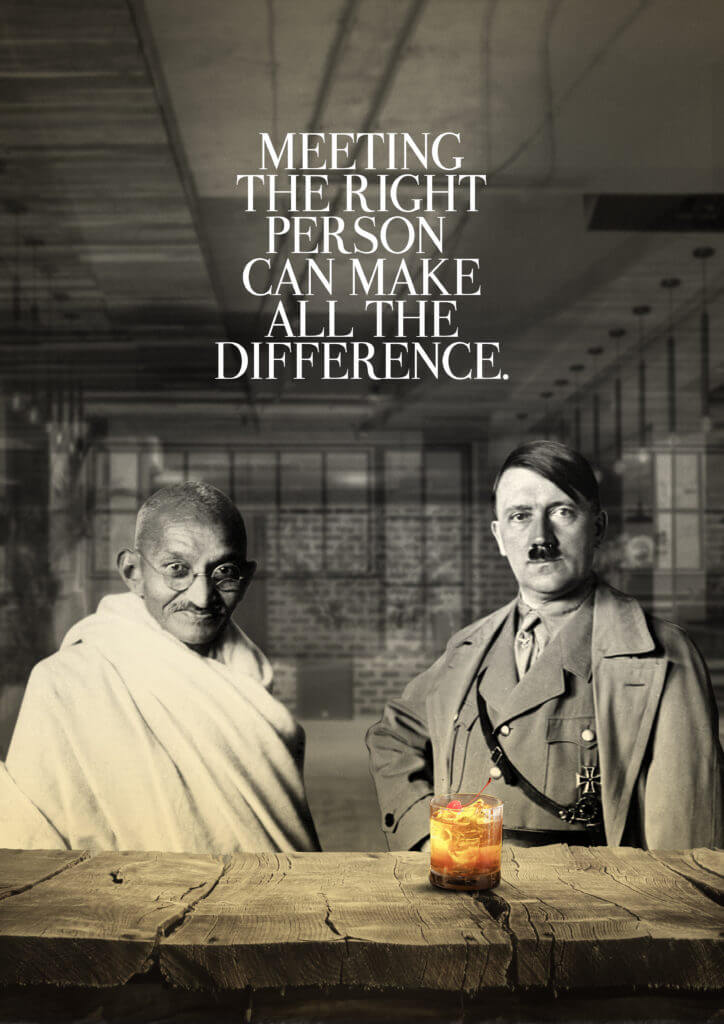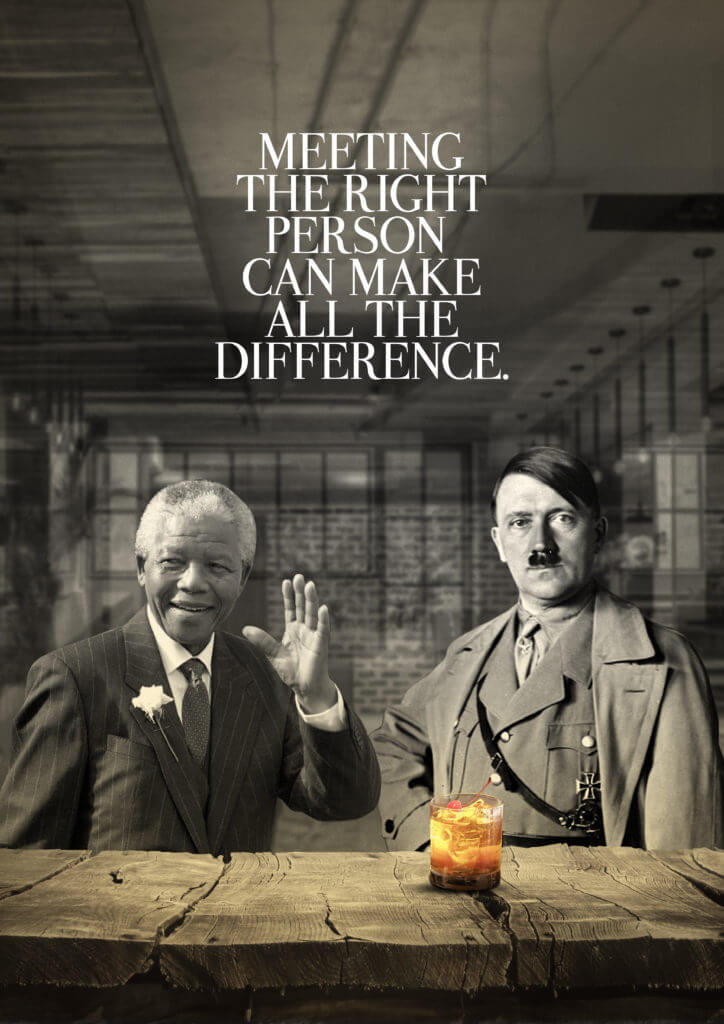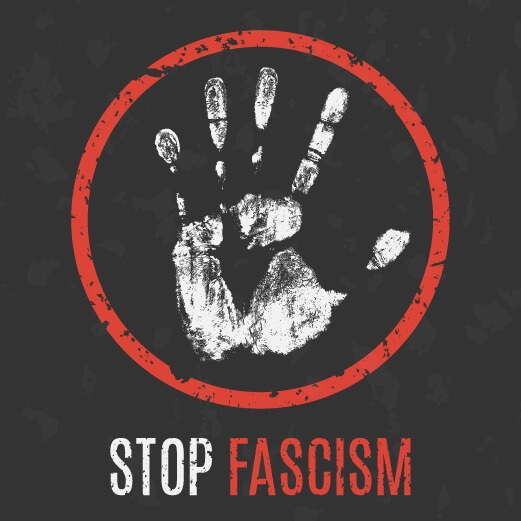There has always been a tendency among the ruling establishments across the world to equate the ruling government with the country. This helps the government establish an upper hand in internal politics by branding those, who oppose the government policies as agencies opposing the nation. Hence, dissent is not necessarily anti-national. It is usually anti-govt. But it is always easy for a government to use the nation as a sacrosanct and win a political war.
As Indians, we value plurality as a core value and freedom to dissent is a part of that. But, in todays India, the boundaries are clearly marked out. Anyone who speaks out will be screamed down, abused or, painted an anti-national. Worse, you could face all of that and then be lynched.
This practise of curbing free speech and expression because it is seemingly ‘anti-national’ has an adverse effect on how and what a nation communicates, as a single entity and between the 1 billion voices it represents. From a conversation across the table to nation-wide advertisements. One way to trace the turbulence of a nation is to analyse the ads put out by brands in that country. They more often than not, talk about the social issues and injustices in that particular country/region. When these ads are shot down before they come out because of ‘fear of backlash’, you know the freedom of expression is eroding.
For one of our bigger and more creatively facile clients, we cracked a campaign that stood strong as an in house favourite. To promote the concept of co-working space at their outlet, an urban microbrewery, a campaign idea came to life. A campaign that revolves around the importance of meeting the right people, and how that could make all the difference. What took off smoothy, hit a roadblock when the client refused to put it out in fear of backlash. Something that seemed light-hearted and amusing to most of us, on similar wavelength, was deemed dangerous and offensive to be put up on social media. And we don’t blame the client.

Disappointed, we refrained from publishing this creative. We replaced the father of our nation with Mr. Nelson Mandela. Only because of the possibility that it may hurt, offend or anger certain people and communities. Maybe even trigger the wrong side of mob mentality.

This wasn’t just another file dragged into the recycle bin on our designer’s desktop. It made us wonder, encourage a debate. It made us, for the first time in a while, question.
We believe there is a thin line between freedom of expression and stupidity.
Freedom of expression cannot be overshadowed by radicalised ideologies that are a threat to India as the largest democracy in the world.
Naive people will troll you till kingdom come, the moment you seek legitimate answers. This is our country now, in which we feel alien because we do not conform to official policy prescriptions and the ruling party’s spin on them.
If for that, we are accused of being anti-national, so be it. Those in power, those in some sections of the media have chosen where they stand. So did we. It is time that you choose, too.

